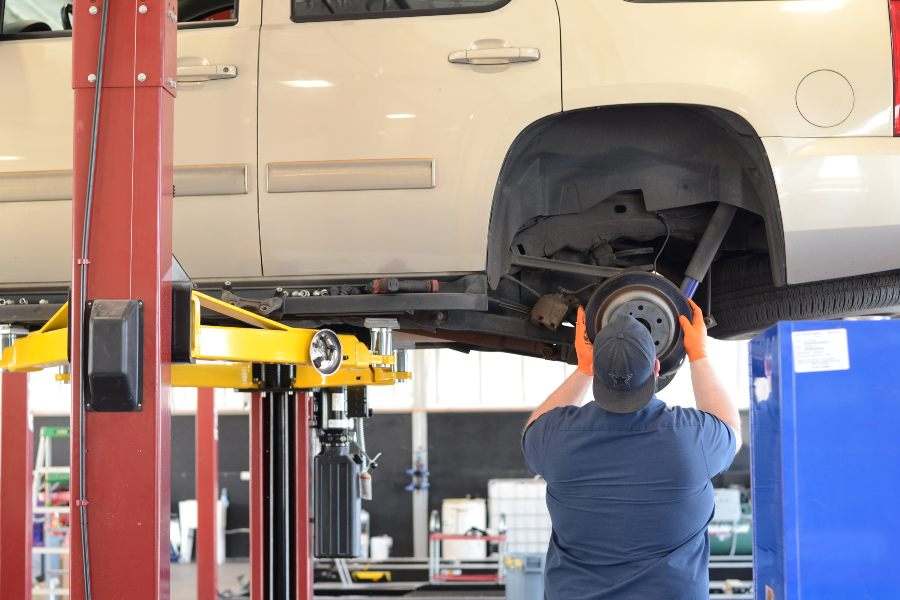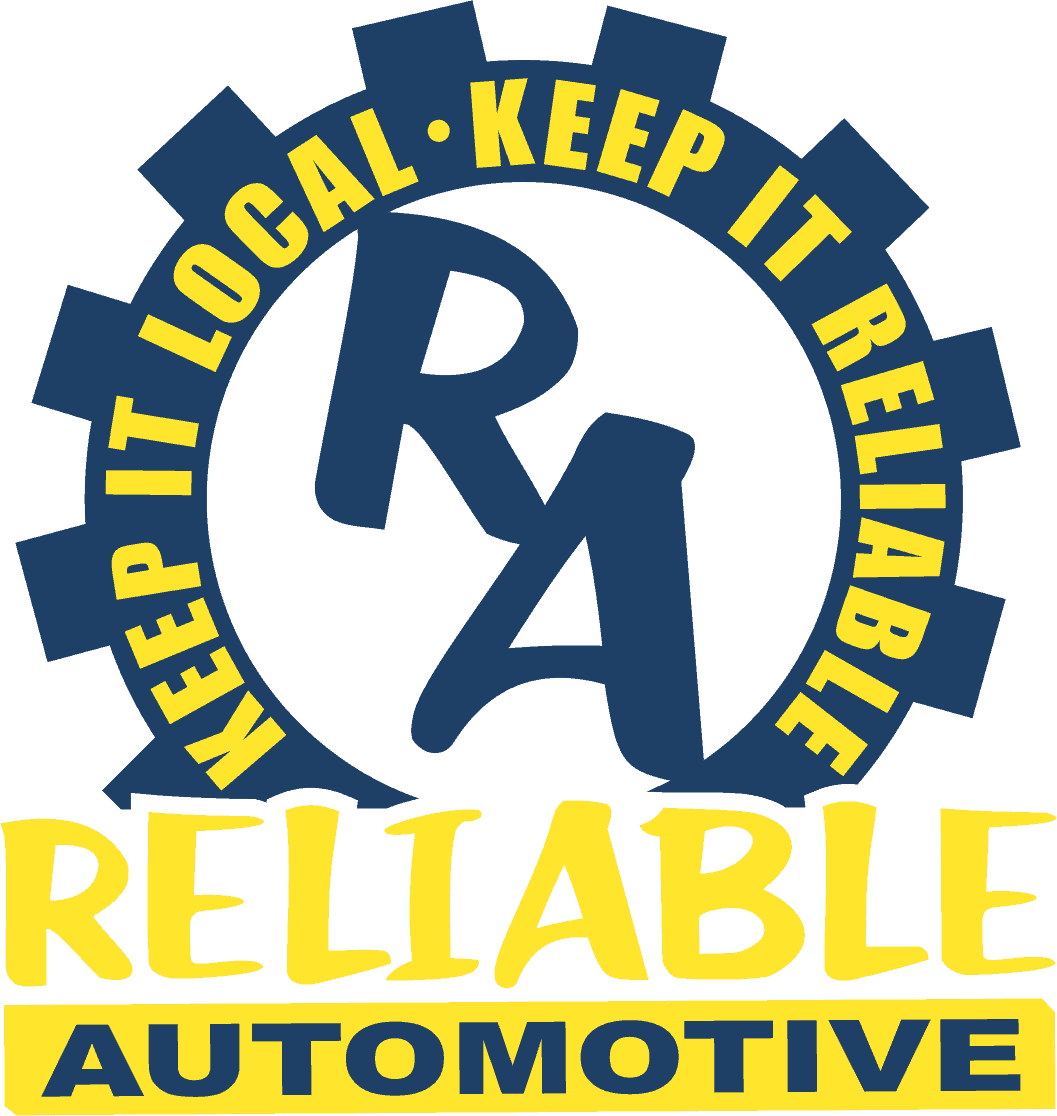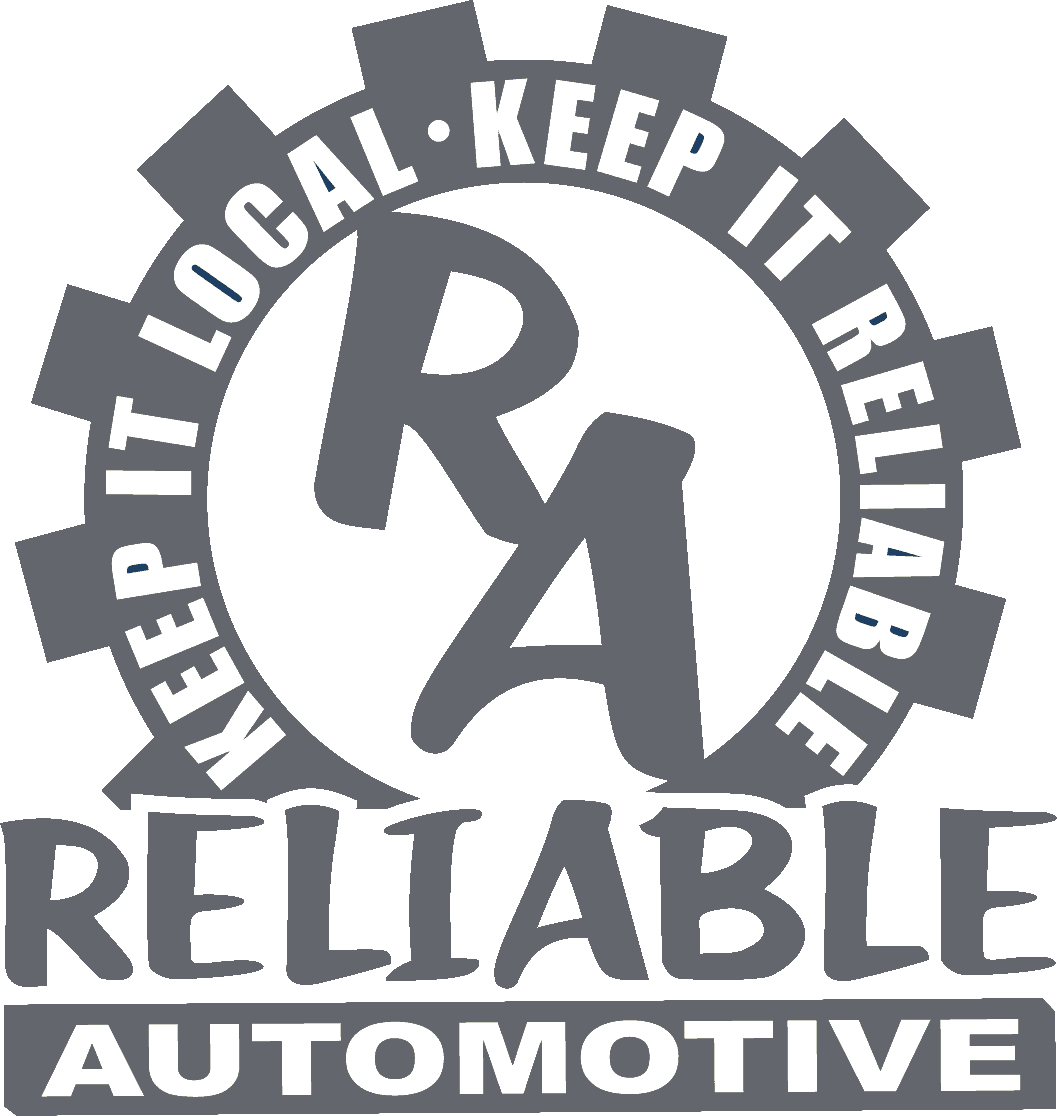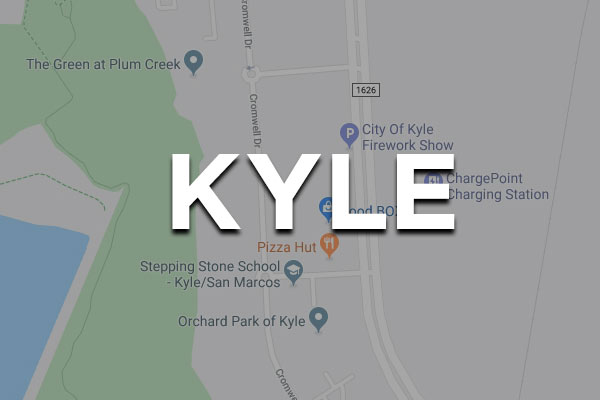
Regular routine maintenance on a vehicle is the best insurance against expensive repairs. Everyone knows the importance of consistent oil changes, but one aspect of maintenance that is sometimes overlooked is getting your vehicle’s brakes inspected.
It is recommended that vehicles undergo comprehensive brake checks once every six months. This is ideal since the brake system consists of several components, and it is critical to ensure that the mechanics of that system are working smoothly and predictably. Wondering what your mechanic examines during a brake check? Read below to find out.
Brake Lines
Brake lines are always looked at during a brake check. The brake line plays a critical role in the overall function and performance of the brake system, as it is responsible for turning pedal pressure into stopping power. Brake lines can become frayed, cracked, corroded, or broken through rough driving or after encountering debris on the road.
Even though they are designed to last the lifetime of the vehicle, unpredictable road conditions and driving factors can damage them. During a brake check, technicians inspect the brake lines for any leaks, which are a strong indicator of issues with a brake line.
Brake Fluid
Brake fluid is what one would find leaking from a brake line if it were damaged. Brake fluid is the hydraulic liquid that allows the brake system to achieve top performance. Brake fluid levels are always looked at during a brake check. Like all vehicle fluids, brake fluid can get old or get too low if there’s a leak. It is key to make sure that the brake fluid running through the vehicle’s system is changed at regular intervals and flushed out.
When determining if brake fluid needs to be switched out, the technician will determine the level of dissolved copper or depleted additive from the fluid. Heat is usually the source of these issues in brake fluid. Overuse of brakes, constantly driving through stop and go traffic, and thermal shock from extreme temperatures underneath the car can all contribute to overheating of brake fluid.
Disk Brakes
Most vehicles today are fitted with disk brakes, which are inspected during every brake check. Disk brakes use calipers to squeeze the brake pads in order to bring the vehicle to a full stop. If the rotor becomes warped or uneven, a driver might experience scraping, vibration, or wobbling when operating the vehicle.
This is another instance that can be caused by road conditions or debris. The disk brakes can also suffer if there are any of the previously mentioned issues with other elements of the system, such as the brake fluid or brake lines. It is critical that the disk brakes are in good condition, which is why they are one of the main items examined during brake checks.
Brake Pads
The last component of the brake system that will be checked are the brake pads. Brake pads vary greatly from vehicle to vehicle, which makes their condition difficult to assess unless you are an experienced mechanic. Additionally, each individual driver has their own unique impact on their brake pads. Auto mechanics will be able to determine the current condition and quality of brake pads during an inspection and decide whether or not they are in need of a replacement.
Looking for a free brake check service near you? Call Reliable Automotive, an auto repair shop with locations in Kyle, Buda, and San Marcos TX, for a free brake check today!
Book a Brake Repair Appointment in Buda
Book a Brake Repair Appointment in San Marcos
Book a Brake Repair Appointment in Kyle






